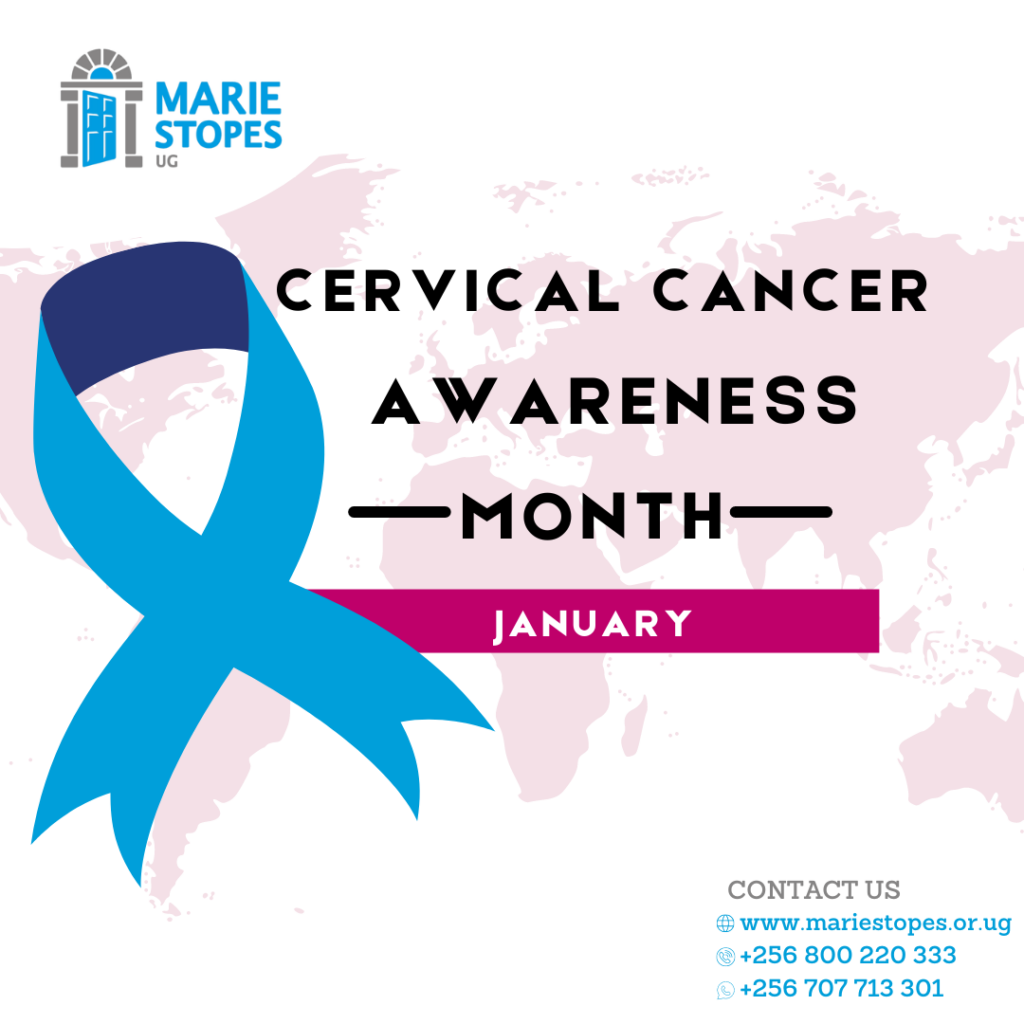
Cervical cancer is the second most common cancer among women worldwide and causes a significant number of deaths in Sub-Saharan Africa.
Cervical cancer is the uncontrolled cell growth on the cervix – which is the entrance to the uterus from the vagina. It kills one woman every two minutes and those in low- and middle-income countries tend to bear a disproportionate burden (90%) of cervical cancer.
In Uganda, cervical cancer disease remains the most common type of cancer and the leading cause of death among cancer patients. According to the Uganda Cancer Institute, 3,915 women are diagnosed with cervical cancer each year and about 2,160 of them end up dying.
99% of cervical cancer cases are linked to persistent human papillomavirus (HPV) infection, an extremely common virus transmitted through sexual contact. People who start having sex at a young age or have multiple sexual partners are more likely to be infected with high-risk variants of HPV (strains 6, 11, 16, 18, 31, 33, 45, 52 and 58).
With cervical cancer prevention week around the corner, “now” is the best time to know about the preventive measures for cervical cancer.
Screening by VIA (Visual inspection with acetic acid)
This is done by a qualified health worker whereby the cervix is inspected under a vinegar solution with a necked eye to determine any abnormalities – when exposed to the virus, the solution will turn white.
Opting for a pap smear
It is a diagnostic procedure used to detect changes in the cervix due to HPV. This can help in the early detection and management of pre-cancerous lesions. Sexually active women are encouraged to screen for cervical cancer every three years if they are HIV-negative and annually if they are HIV-positive. It’s important to note that the procedure is not painful.
Practising safe sex
Having multiple partners increases the risk of contracting HPV and the risk of developing cervical cancer. Men can carry the virus for up 2.5 years without having any symptoms.
Quit Smoking
Quitting smoking, avoiding passive smoking, and cessation of tobacco chewing can reduce the chances substantially.
HPV Vaccine
All girls as early as 10 years are advised to receive at least two doses of the HPV vaccine, six weeks between the doses to protect them against cancer of the cervix.
Cervical cancer can be prevented by early screening and vaccination. These services can be accessed at the Marie Stopes Hospital and any of our health centres countrywide.
To schedule an appointment, call +256 800 220 333 or book online.








